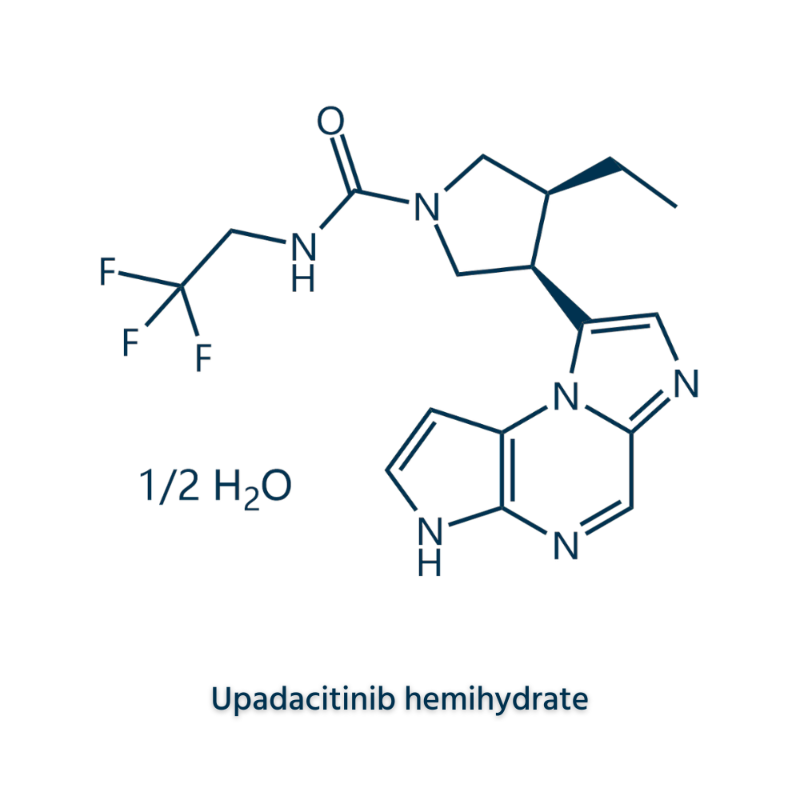-
Categories
-
Pharmaceutical Intermediates
-
Active Pharmaceutical Ingredients
-
Food Additives
- Industrial Coatings
- Agrochemicals
- Dyes and Pigments
- Surfactant
- Flavors and Fragrances
- Chemical Reagents
- Catalyst and Auxiliary
- Natural Products
- Inorganic Chemistry
-
Organic Chemistry
-
Biochemical Engineering
- Analytical Chemistry
-
Cosmetic Ingredient
- Water Treatment Chemical
-
Pharmaceutical Intermediates
Promotion
ECHEMI Mall
Wholesale
Weekly Price
Exhibition
News
-
Trade Service
Breast cancer is the most common cancer in women , and in 2020, breast cancer replaced lung cancer and has become the world's largest cancer, according to the latest global cancer burden data released by WHO International Agency for Research on Cancer (IARC) in 2020.
Globally, there were 2.
26 million new cases of breast cancer and 680,000 deaths
.
In China, the incidence of breast cancer is also increasing year by year.
Breast cancer, the most common cancer in women
Most breast cancers have a good prognosis, but about 15% of breast cancers are triple-negative breast cancers (TNBC), which are characterized by estrogen receptor (ER), progesterone receptor (PR), human epidermal growth factor receptor- 2 (HER-2) deficiency is named after the lack of triple-negative breast cancer.
It is the most aggressive breast cancer and is more likely to spread and metastasize, and is prone to recurrence.
Moreover, due to the lack of therapeutic targets and limited therapeutic drugs, it has always been a difficult point in breast cancer treatment.
Also known as "the worst breast cancer"
.
Recently, researchers from the Del Mar Institute of Medical Research in Spain published a research paper titled: LCOR mediates interferon-independent tumor immunogenicity and responsiveness to immune-checkpoint blockade in triple-negative breast cancer in Nature Cancer , a sub-journal of Nature .
Nature Cancer LCOR mediates interferon-independent tumor immunogenicity and responsiveness to immune-checkpoint blockade in triple-negative breast cancerThe study found that cancer stem cells in triple-negative breast tumors had low expression of ligand-dependent corepressor factor (LCOR), which led to their escape from immunotherapy
.
On this basis, the research team used LCOR mRNA in combination with a PD-L1 inhibitor to completely eliminate triple-negative breast cancer cells in a mouse model, preventing the recurrence of cancer and achieving a complete cure
Although triple-negative breast cancer accounts for only 15% of all breast cancers, it is the most advanced breast cancer subtype and affects young patients significantly
.
Cancer stem cells (Cancer Stem Cells) are cells in tumors with self-renewal ability and can generate heterogeneous tumor cells, which play an important role in the survival, proliferation, metastasis and recurrence of cancer cells
.
When using immunotherapy such as immune checkpoint inhibitors, cancer stem cells are able to evade immunotherapy, leading to evasion and resistance to immunotherapy
.
What is the mechanism behind this?
In this study, the research team found that cancer stem cells in triple-negative breast cancer had low expression of ligand-dependent co-suppressor factor (LCOR), causing the immune system to be "invisible" to it, and also leading to clinical treatment, immunotherapy Triple-negative breast cancer is less effective
.
The research team further found that activating the expression of the LCOR gene in a mouse model reversed the immune escape of cancer stem cells and resensitized them to immunotherapy
.
The research team validated it in clinical samples from triple-negative breast cancer patients and found that patients who responded to immune checkpoint inhibitors had higher levels of LCOR gene expression
.
Inspired by the new crown mRNA vaccine, the research team wants to deliver the mRNA of the LCOR gene into tumor cells in a similar way, so that the immune system can re-recognize it
.
The research team used LCOR mRNA delivered by extracellular vesicles in combination with PD-L1 inhibitors to treat a triple-negative breast cancer mouse model.
The results showed that 49 of the 50 treated mice developed cancer.
The research team further followed up 15 of the mice for up to 1 year.
None of the mice had tumor recurrence, while the lifespan of laboratory mice was only 1-3 years, which shows that this combination therapy can eradicate and completely The tumors in these mice were cured
.
Collectively, this study found and demonstrated an important role for the LCOR gene in regulating tumor immunogenicity and cancer cell response to tumor immunotherapy
.
In triple-negative breast cancer, the expression level of LCOR in cancer stem cells is associated with the clinical efficacy of immune checkpoint inhibitors
It is reported that the research team has applied for a technology patent for the combined use of LCOR mRNA and immunotherapy, and will create a company to transform this technology patent and promote its clinical application
Original source:
Original source:Pérez-Nú? ez, I.
leave a message here







